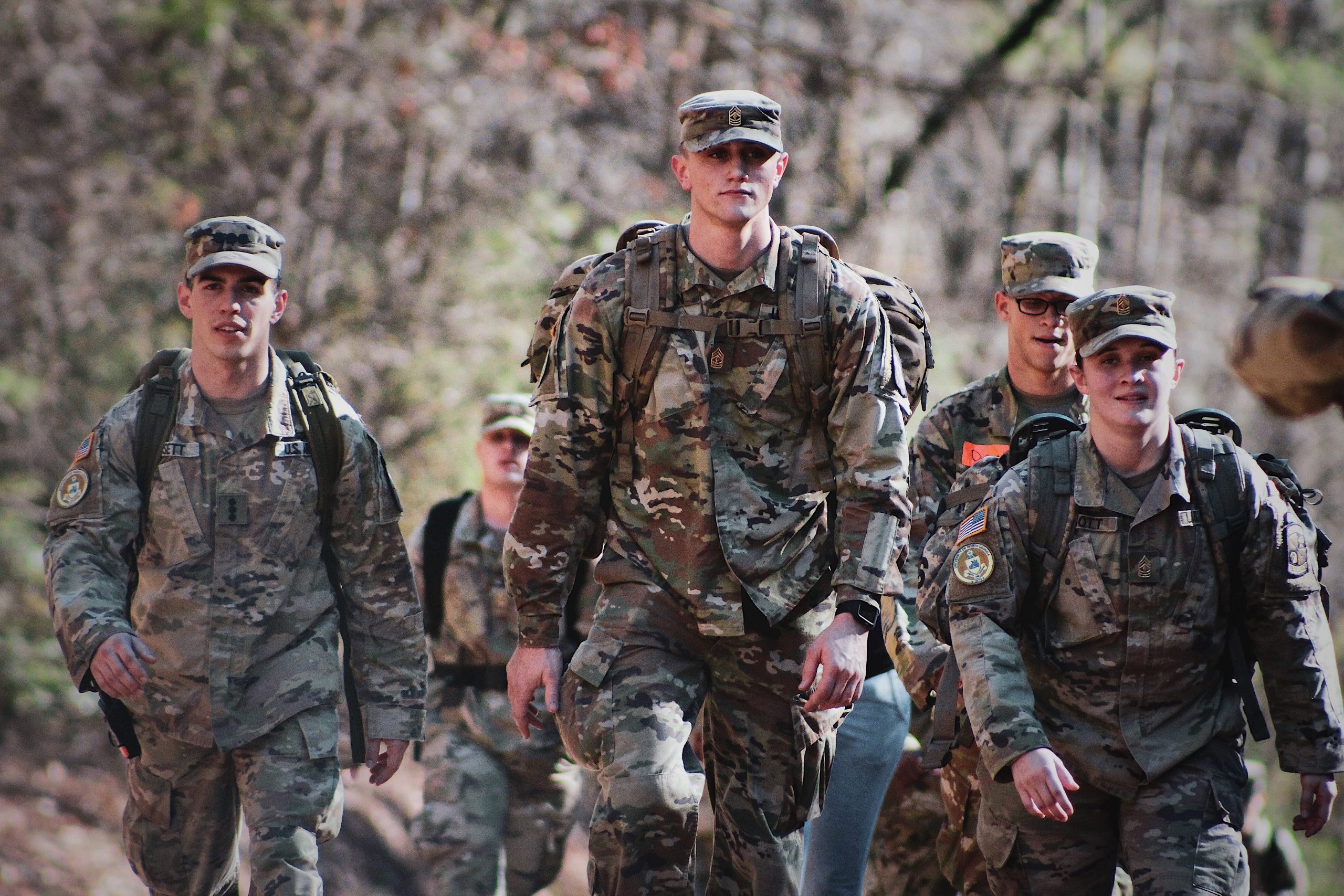“Break, Break, Break”
by Brian Walker, Director of Veteran Outreach at Revitalist
In military radio communication, clear and concise messages are of utmost importance. It is the way that forward units talk to each other to coordinate attacks, the way that units talk to command, and the way that information is relayed back up to higher echelons thousands of miles away. When the communication is not clear, there can be catastrophic misappropriations of help. Simply flipping a digit on an 8-digit military grid could send a MEDEVAC helicopter a kilometer away, or a laser guided missile one village over.
To aid in clear communications the military devised the phonetic alphabet and procedure words to use universally, so everyone knows what everyone else is talking about. It’s not foolproof, and let’s be real, communication is only as good as the medium used to communicate across distances – I’m looking at you RT-1523 ASIP, you piece of junk.
When I was a radio telephone operator in Afghanistan, my favorite procedure phrase to call out was “break break break!” It’s essentially telling everyone to shut up and listen, my next message is the most important thing you will hear today. We used it if we had a command order to relay, or needed urgent assistance. It gave a sense of power and importance to an otherwise lowly, unappreciated Specialist position that I was in.
Now how does all of this relate to mental health?
Our brains use a similar form of communication to communicate between the subconscious and the conscious. You only have so much of your active thought that can be utilized at one time, and so the two are very rarely onboard at the same time. But they are always in communication with one another, trying to relay what they are processing and what they need from the other part of your brain. Think of it as two platoons on simultaneous missions and relaying information back and forth.
When we have suicidal ideation, our subconscious is screaming into its radio, “break break break!!! I am in distress, and need immediate assistance. This is a problem and I cannot continue without killing myself.” What our conscious brain hears though, probably due to radio static and interference, “break break break!!!! I am in distress…static…need assistance … static… Is a problem…. static… kill… myself!” Our conscious takes this message and runs with it.
You can see where the problem is. It’s the conscious brain’s lack of training to seek more clarity and its desire to act upon the urgency of the message that pushes us to think and eventually act upon the suicidal ideation.
So, what do we need to do?
First, we need to recognize that this is normal, this is your brain trying to do what it does best – keep itself and subsequently you alive.
This is a part of you trying to make your life better. It’s not that the communicator is doing a bad job – it’s the equipment’s fault. It’s the fact that the radio is, like all other military equipment, only truly reliable as an MRE “rock, or something,” prop. Just like in the military, we can’t always replace the equipment, so we adapt and overcome the challenge with what we can change – our training.
We need to train our brain, our conscious brain, to recognize that it’s not getting the full message. To hear the urgent “break, break, break” and to pause, then ask, “Say Again,” (another fun radio procedure word). To recognize that with all that static there is NO WAY that the full, appropriate message was heard or actionable on. Once it gets the full message, it can go, “ohh, I need to help my battle buddy out and fix the problems, so that we DON’T kill ourselves.”
That’s where the counseling and help comes in. It gives us the training to exercise tactical patience, and ask for the repeat… and sometimes ask several times for the repeat message, until we are sure that we are understanding correctly. Counseling gives us the training to recognize that we CANNOT accomplish any mission on our own, but that’ll be a blog post for another day.
About the Author
Brian is Revitalist’s Director for Veteran Outreach and is in charge of connecting Veterans to services provided at Revitalist. He is a Purple Heart recipient from an explosion while deployed to Afghanistan in 2011. He suffered a Traumatic Brain Injury and has lived with PTSD and major depressive disorder since then. He has found relief in sharing his story and helping others live with their trauma. Brian brings not only his experiences as a Veteran with invisible injuries but also the clinical knowledge of a Registered Nurse to the team. Look for more blog posts in the future from him bringing some light to mental health from the Veteran perspective.
Photo by Scandinavian Backlash on Unsplash






